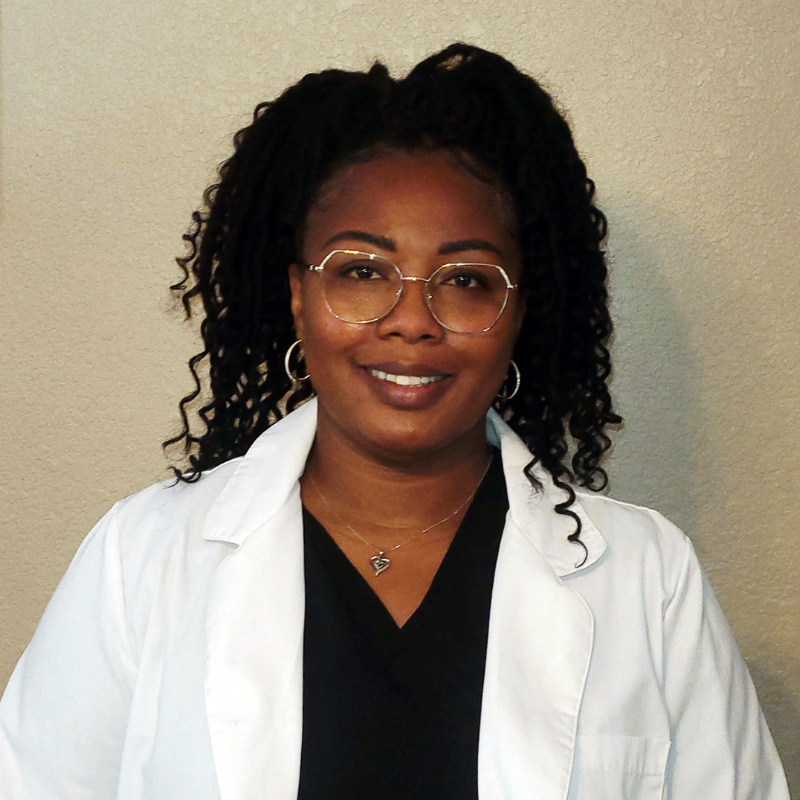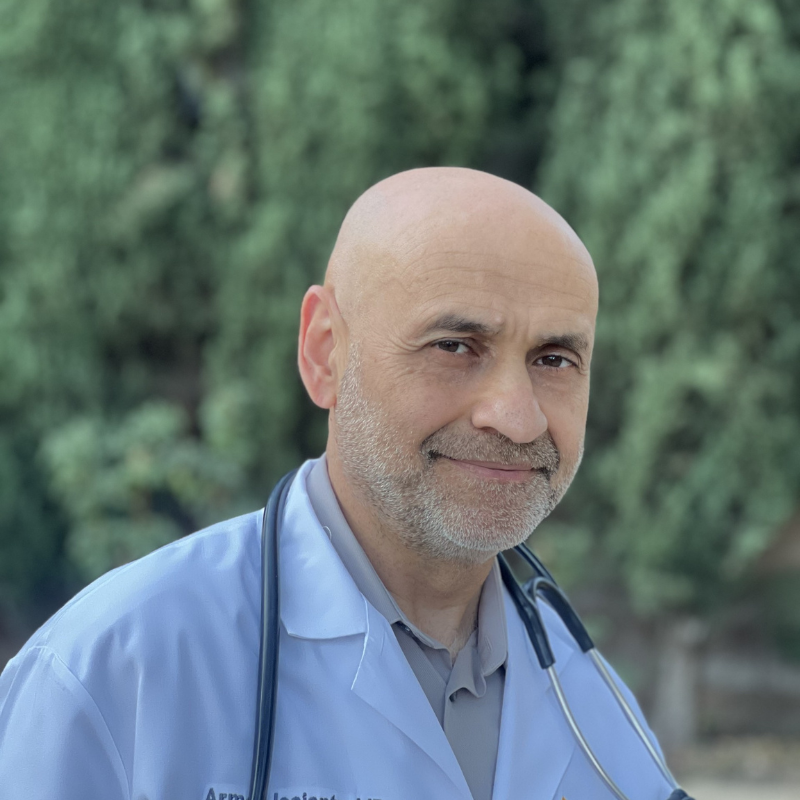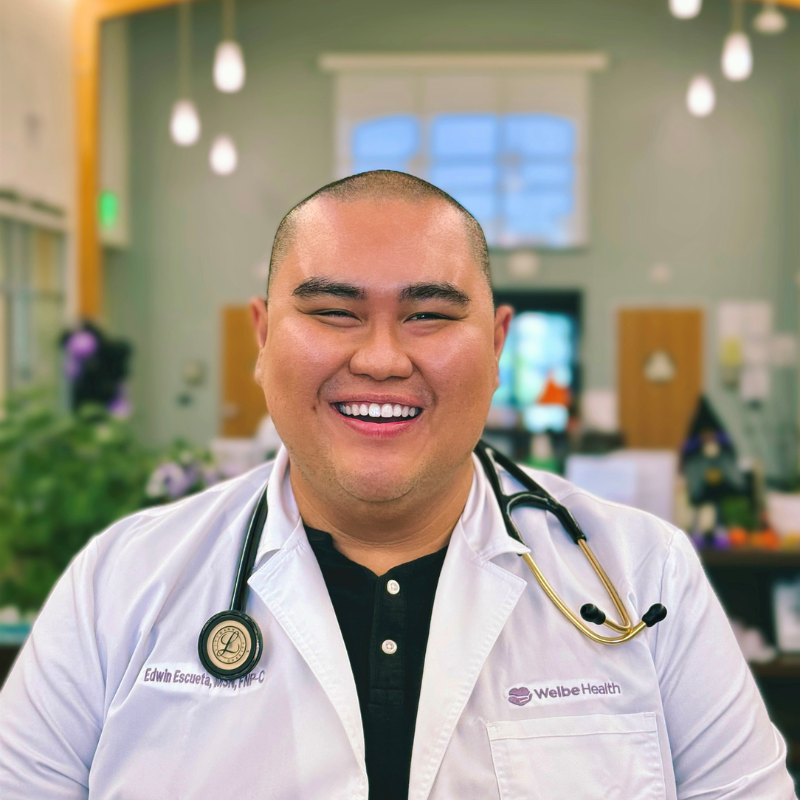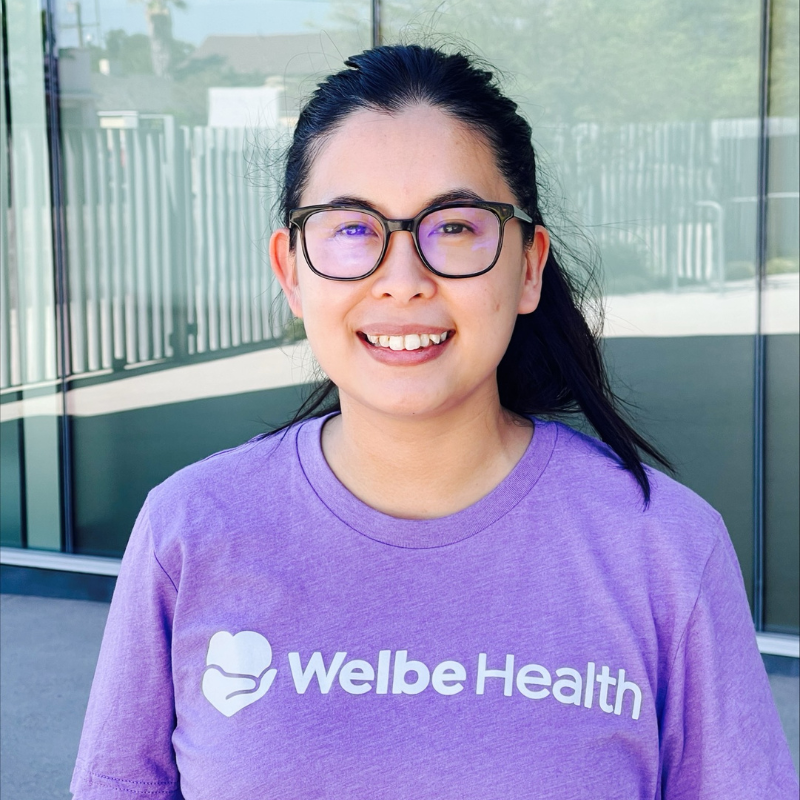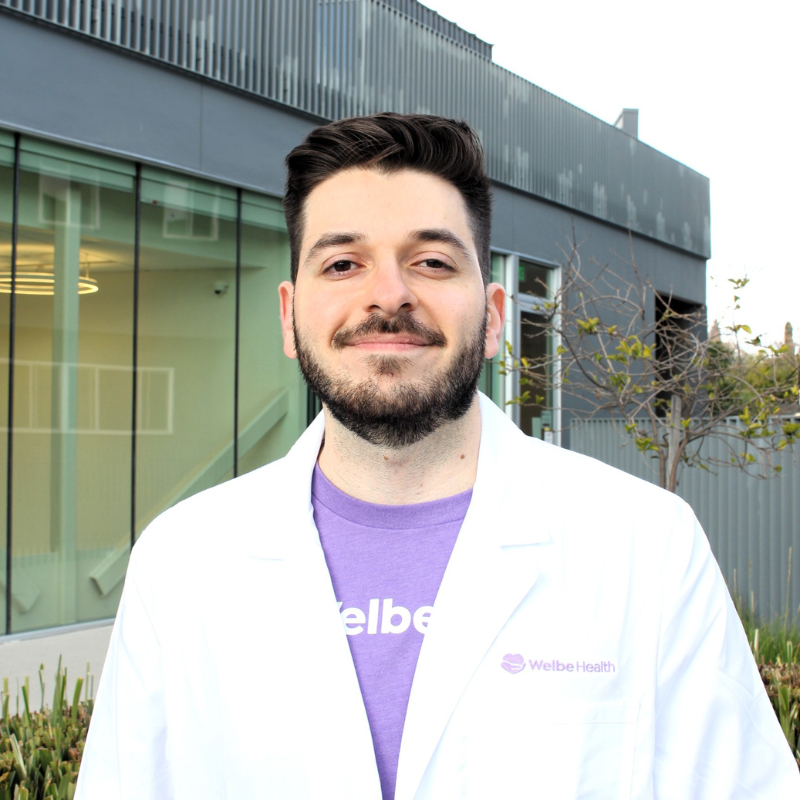Heat Stress in Older Adults: Prevention and Care
Extreme heat can be dangerous, especially for older adults. When temperatures rise, seniors face a higher risk of heat-related illnesses like heat stress or heatstroke. Knowing how to stay cool and safe during hot weather can prevent serious health problems. This guide offers practical tips for preventing heat stress in older adults and ensuring their well-being during heatwaves.
Why Are Older Adults at Higher Risk?
Older adults are more likely to experience heat stress due to natural changes in their bodies. Here are a few reasons why seniors are more vulnerable to hot weather:
- Decreased ability to cool down: Aging slows down the body’s ability to regulate temperature, making it harder to sweat and stay cool.
- Chronic health conditions: Conditions like heart disease or diabetes can interfere with the body’s response to heat.
- Certain medications: Medications like diuretics or antihistamines can make it harder for the body to manage high temperatures.
Understanding these risks helps highlight the importance of taking steps to stay safe in hot weather.
Signs of Heat Stress
Recognizing the warning signs of heat stress is key to preventing serious issues. Here are common symptoms to watch for in yourself or older loved ones during hot weather:
- Heavy sweating or trouble sweating
- Red, hot skin or pale, clammy skin
- Muscle cramps
- Weakness or fatigue
- Dizziness or headaches
- Nausea or vomiting
- Rapid heartbeat
- Confusion or feeling faint
If someone is showing signs of heat stress, it’s important to take quick action to cool them down and seek medical attention if necessary.
1. Stay Cool Indoors
Keeping indoor spaces cool is one of the best ways to protect older adults from heat stress.
Tips for Keeping Your Home Cool:
- Use fans and air conditioning: If air conditioning is available, use it to maintain a comfortable temperature.
- Close blinds and curtains: Keep out direct sunlight to avoid overheating rooms.
- Avoid heat-producing appliances: Use a microwave instead of an oven to cook meals on hot days.
If the home is not air-conditioned, visit a cooling center, library, or mall during the hottest part of the day.
2. Hydrate Consistently
Dehydration makes it harder for the body to regulate temperature. Drinking plenty of fluids is crucial to staying healthy in hot weather.
Hydration Tips for Older Adults:
- Drink water often: Aim for small sips throughout the day, even if you’re not thirsty.
- Limit caffeinated drinks: Coffee, tea, and soda can lead to dehydration.
- Eat water-rich foods: Munch on fruits and vegetables like watermelon, cucumbers, or oranges for extra hydration.
Always keep a bottle of water nearby as a reminder to stay hydrated.
3. Dress for the Heat
What you wear can make a big difference in staying comfortable and cool during high temperatures.
Clothing Tips:
- Choose lightweight, loose-fitting clothes made of breathable fabrics like cotton.
- Stick to light-colored clothing, which reflects heat instead of absorbing it.
- Wear a wide-brimmed hat and sunglasses outdoors for extra sun protection.
Taking care with your outfit can help your body stay cooler during hot days.
4. Limit Outdoor Activities
The outdoors can be especially dangerous during extreme heat. It’s best to avoid outdoor activities during the hottest times of the day, typically from late morning to mid-afternoon.
Tips for Safe Outdoor Time:
- Venture out in the early morning or evening when it’s cooler.
- Stay in shaded areas to reduce sun exposure.
- Carry water and take frequent breaks if you need to be outside.
Listen to your body—if you feel tired or overheated, it’s time to head indoors.
5. Check on Vulnerable Loved Ones
Family, friends, and caregivers play an important role in keeping older adults safe during heatwaves.
How to Provide Support:
- Check in often by phone or in person, especially during heatwaves.
- Make sure they have access to air conditioning, drinking water, and a cool environment.
- Offer to help with errands or groceries to keep them out of the heat.
A bit of extra care and attention can go a long way in ensuring safety.
Emergency Tips
If signs of heatstroke or severe heat exhaustion are present—like confusion, fainting, or a rapid heartbeat—act fast. Move the person to a cool place, apply damp cloths to their skin, and call 911 immediately.
Prevention Is Key to Safety
Heat stress in older adults is a serious but preventable issue. By staying indoors during peak heat, dressing smartly, staying hydrated, and checking in with loved ones, we can reduce risks and ensure everyone stays safe and comfortable.
Help senior family members or neighbors prepare for hot weather by sharing these tips. Together, we can make every heatwave less stressful and more manageable.
This blog is for informational purposes only and is not intended as professional advice. Always consult a qualified healthcare provider or specialist for specific questions or concerns.
It’s your life. Live it your way.
WelbeHealth provides full-service healthcare and personalized support to help your loved ones age well at home and in your community. Our Program of All-Inclusive Care for the Elderly (PACE) meets the changing needs of seniors, often at no cost, while helping you navigate life as a caregiver. To see if you qualify, call: (888) 750-0248 | TTY 711 or visit: welbehealth.com/contact



